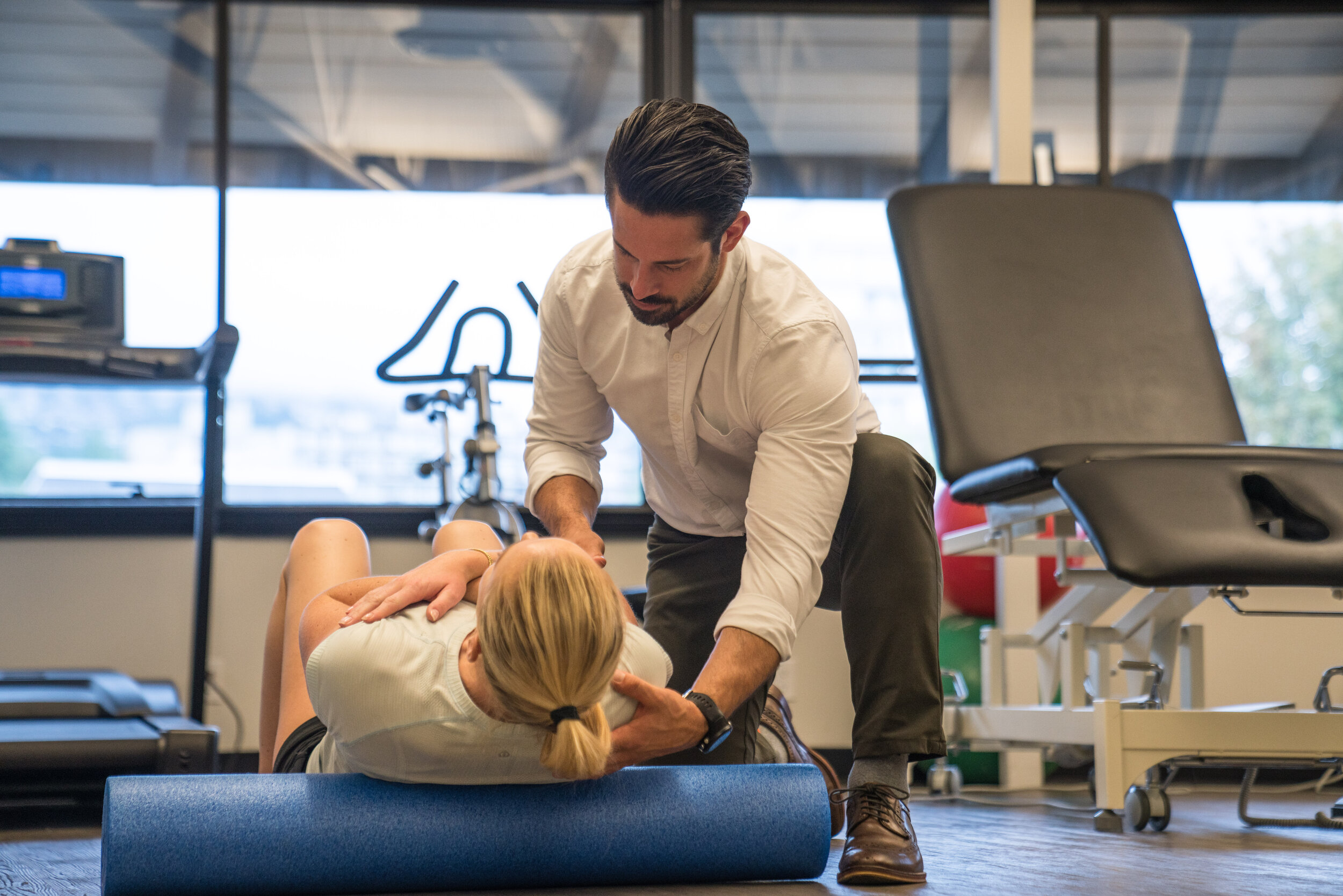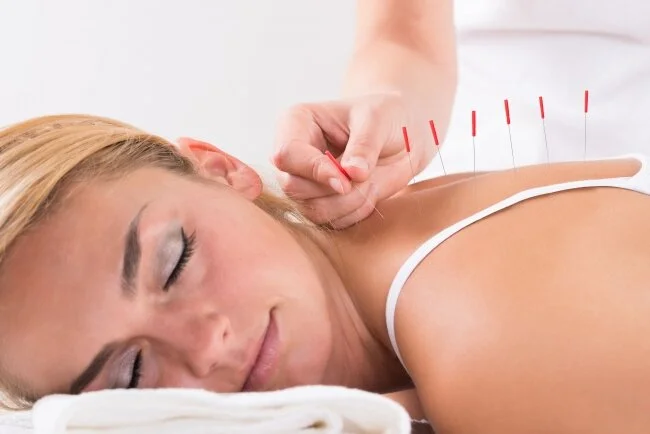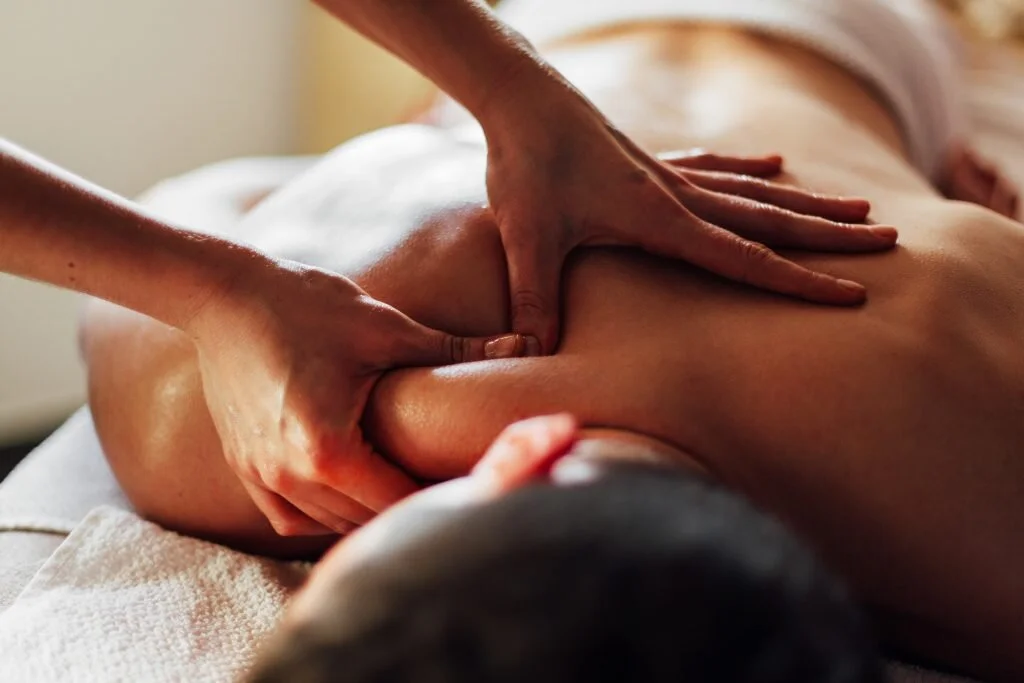Health Services
Physiotherapy
Physiotherapy is the scientific assessment and treatment of injury, illness and disability through therapeutic exercise, activity modifications, patient education, manual therapy, electro-modalities and intramuscular stimulation (IMS). The profession strives to empower patients, guide their injury recovery and give them the tools necessary to improve their pain, sports performance and quality of life.
Clinical Pilates
Clinical Pilates is an adaptation of the traditional Pilates method. Clinical Pilates is taught one-on-one by a physiotherapist and is the perfect therapy to help rehabilitate injuries with low impact exercise. This technique is a modified form of exercise developed by physiotherapists to help active rehabilitation, strengthen deep core muscles and prevent future injuries. Specialized equipment such as clinical reformers and wunda chairs can be used along with floor exercises to improve patients’ movement patterns, strength, stabilization and mobility.
Acupuncture / Traditional
Chinese Medicine
Acupuncture is a Traditional Chinese Medicine treatment modality that is based on the theory of meridians. According to the meridian theory, Qi (vital energy) and blood circulate in the body through a system of channels (meridians), connecting internal organs with external organs/tissues. If an experienced practitioner uses needles to stimulate certain points of the body’s surface the meridians can be impacted. The goal of acupuncture treatment is to improve the flow of Qi and blood so that the body can be regulated and diseases can be treated. These stimulation points found all over the human body are called acupuncture points and they can be used to treat various illnesses, chronic pain and reproductive issues.
Kinesiology
Kinesiology is the scientific study of human movement. Kinesiology addresses physiological, biomechanical, and psychological components to optimize human movement or injury rehabilitation. A kinesiologist may specialize in biomechanics, orthopaedics; strength and conditioning, motor control, methods of rehabilitation and exercise physiology. Kinesiology sessions are expertly designed to help you improve your strength, mobility, flexibility, balance, sports performance and cardiovascular health. It’s time to build a strong and healthy body for the many years to come.
Massage Therapy
Massage therapy is the manipulation of the body’s soft tissues (including muscles, connective tissues, tendons, ligaments) to reduce stress, decrease muscle pain, increase relaxation and improve immune function. Massage therapy is an essential part of managing chronic pain, sports injuries as well as both acute and chronic health conditions. There are various types and styles of massage therapy to improve patient outcomes, these range from light relaxation massage to deep tissue muscle release. Targeted massage therapy by an experienced practitioner can often reduce or relieve aches and pain almost immediately.
Clinical Counselling
Clinical counselling is a form of psychotherapy that employs evidenced-based mental health practices and principles, to achieve client wellness. Clinical counsellors work in a variety of mental health settings from hospitals to private practices and often collaborate with general practitioners, psychologists and psychiatrists. Clinical counsellors’ work focuses on helping clients develop the ability to cope with typical stresses in day to day living, such as inter and intra-personal issues.
Art Therapy
Art Therapy is a hybrid profession using psychotherapy and art creation together as a therapeutic technique. The therapist creates a safe space for the client to express themselves through art making and then will reflect on the piece created. This helps the client discover unconscious thoughts and feelings that the client might not have been aware of.
The primary purpose of art therapy is to heal any mental or emotional wounds. Through the act of creating art and thinking about what art mediums to use, individuals can develop skills that increase cognitive abilities, increase awareness of self, self-esteem, confidence and can help themselves cope with distressing symptoms.
Nutritional Counselling / Dietetics
Nutrition counselling sessions provide personalized nutrition advice and practical solutions to meet your health goals. A dietitian will take into consideration your medical and family history, personal preferences, food intolerances and goals to design an individual nutrition care plan. Drawing on their clinical knowledge and experience, they will provide specific food and nutrition recommendations to meet your personal goals and provide the resources to help with making informed decision about food. Follow up sessions help you stick to your plan and achieve your goals.
Intramuscular Stimulation (IMS) / Dry Needling
Dry needling is a neurophysiological, evidence-based treatment technique that involves the application of monofilament needles. Registered physiotherapists that have undergone additional training are able to utilize dry needling in conjunction with manual physical therapy interventions to improve patients’ acute or chronic pain. Research supports that dry needling improves pain control, reduces muscle tension, normalizes biochemical and electrical dysfunction of the motor end plates, and facilitates an accelerated return to active rehabilitation.









